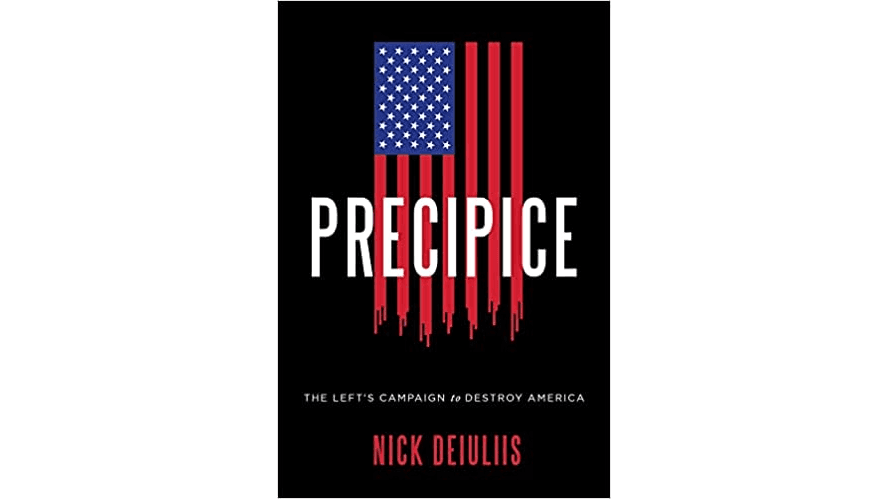Nick Deiuliis, the president and CEO of the publicly traded CNX Resources and a leading voice in the energy industry, has certainly done his homework. In his book, “Precipice,” the author lays out so many points on economic topics, including energy issues, that it’s difficult to call his book title hyperbolic. He tackles issues propagated and championed by the Left, ranging from climate change to public unions to taxing the rich, and presents these politically charged issues as simply that: politically charged.
According to Deiuliis, there are four types of people: Creators, Enablers, Servers, and Leeches. The first three actually bring something of substance to the economic table, while the fourth tries to devour whatever lands on the plate before the others have a chance to take a seat. After reading his book, readers will be able to identify which is which—especially the Leech, because his book primarily targets that fourth group—and how the Leech preys on the success (mild or wild) of the other three. His primary target? Government entities.






